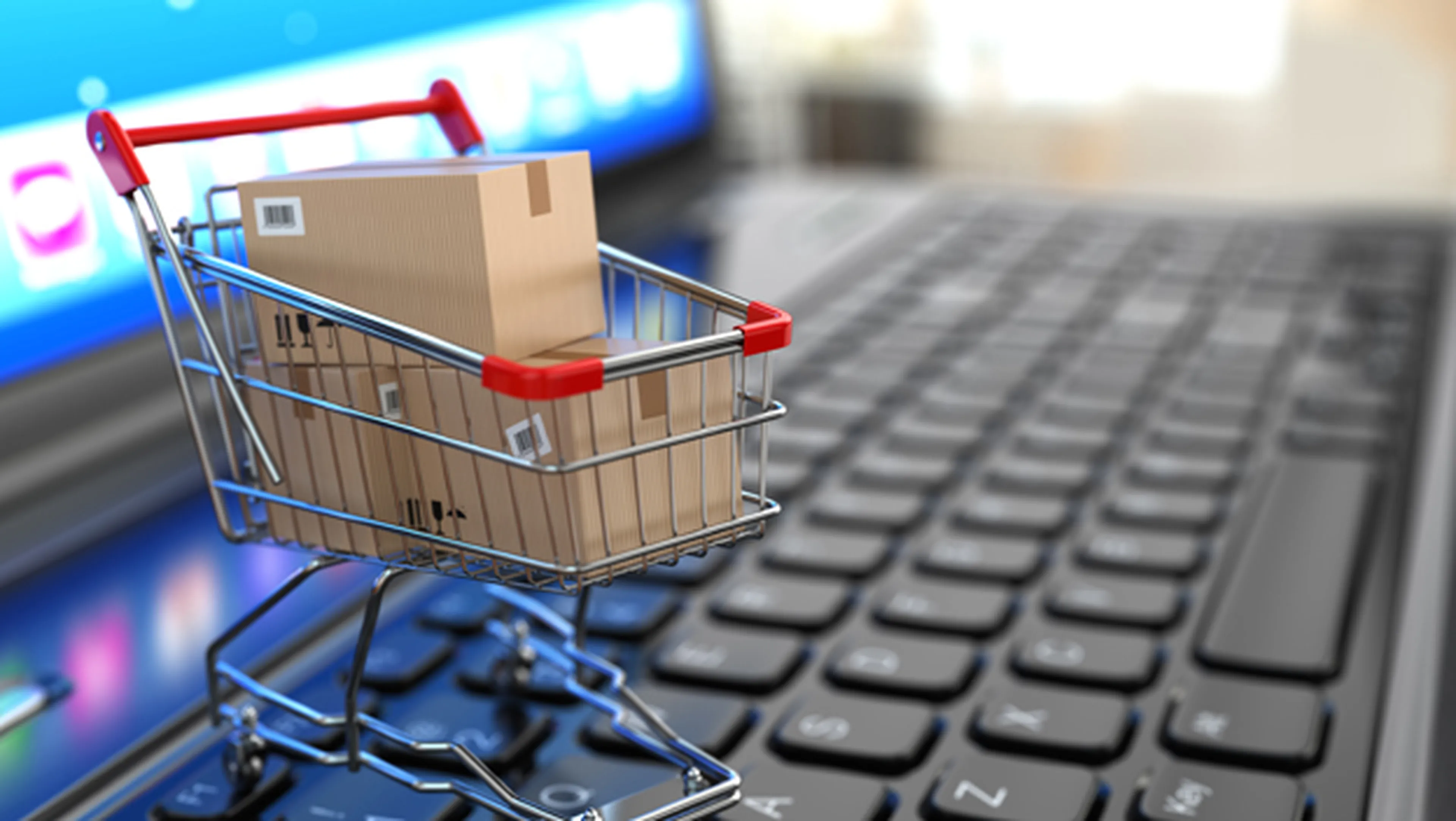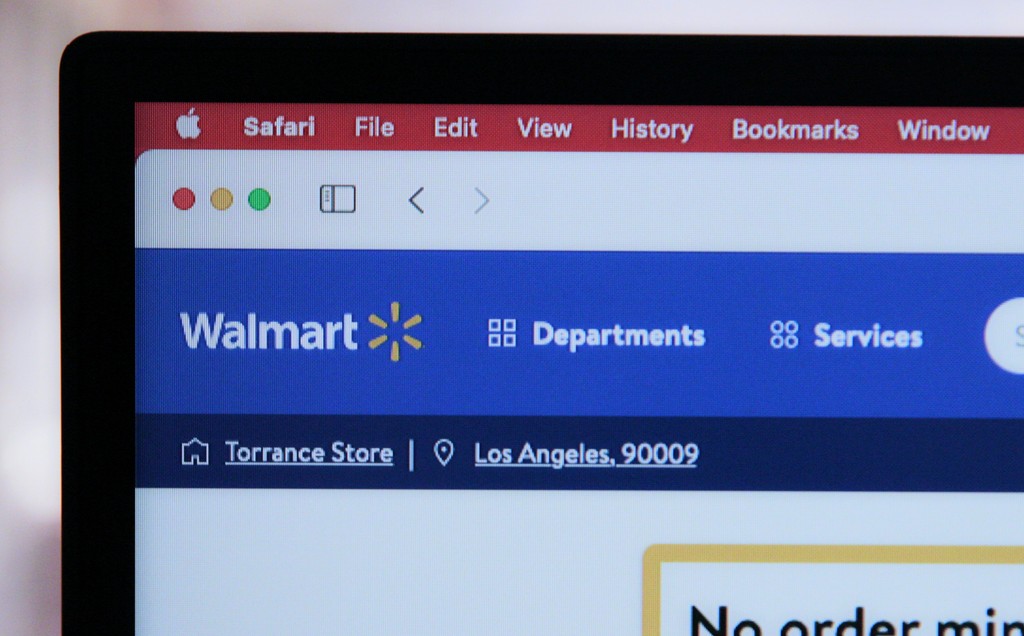
Blog
March 1, 2024
The Ultimate Guide to Shopify Store Automation

Blog
March 1, 2024
The Ultimate Guide to Shopify Store Automation
Shopify is one of the most popular platforms for e-commerce entrepreneurs. It provides all the tools needed to set up an online store and start selling. However, as your business grows, managing daily operations like processing orders, responding to customer inquiries, and running marketing campaigns can become overwhelming. Shopify store automation can significantly reduce the workload by automating these repetitive tasks.
Streamlining Order Fulfillment:
As your business scales, managing orders manually becomes inefficient. Shopify offers integration with third-party fulfillment services that allow for seamless, automated order processing. This means as soon as a customer places an order, the system will automatically update inventory, process shipping, and send confirmation emails, without any manual input.
Optimizing Customer Support:
Customer service is crucial to e-commerce success, but it can also be time-consuming. Automating customer service through chatbots and pre-configured email templates allows businesses to provide immediate support, answer frequently asked questions, and keep customers informed about their orders, improving satisfaction while saving time.Automated Marketing Campaigns:
One of the most powerful aspects of Shopify is its ability to integrate with automation tools like Klaviyo or Mailchimp. These platforms allow for automated email marketing campaigns triggered by customer behavior, such as abandoned cart reminders, post-purchase follow-ups, or personalized recommendations. This ensures consistent communication with your customers and increases sales without additional effort.Case Study: Increasing Conversions through Automation
A Shopify store selling fashion accessories saw a 30% increase in conversions after automating its email marketing campaigns. By targeting customers with personalized product recommendations based on their browsing history and past purchases, the business was able to nurture leads and drive repeat sales more effectively.
Conclusion:
Shopify store automation is essential for businesses looking to scale efficiently. By automating key processes like order fulfillment, customer service, and marketing, businesses can reduce manual workloads, improve customer satisfaction, and focus on growth strategies that drive revenue.
Streamlining Order Fulfillment:
As your business scales, managing orders manually becomes inefficient. Shopify offers integration with third-party fulfillment services that allow for seamless, automated order processing. This means as soon as a customer places an order, the system will automatically update inventory, process shipping, and send confirmation emails, without any manual input.
Optimizing Customer Support:
Customer service is crucial to e-commerce success, but it can also be time-consuming. Automating customer service through chatbots and pre-configured email templates allows businesses to provide immediate support, answer frequently asked questions, and keep customers informed about their orders, improving satisfaction while saving time.Automated Marketing Campaigns:
One of the most powerful aspects of Shopify is its ability to integrate with automation tools like Klaviyo or Mailchimp. These platforms allow for automated email marketing campaigns triggered by customer behavior, such as abandoned cart reminders, post-purchase follow-ups, or personalized recommendations. This ensures consistent communication with your customers and increases sales without additional effort.Case Study: Increasing Conversions through Automation
A Shopify store selling fashion accessories saw a 30% increase in conversions after automating its email marketing campaigns. By targeting customers with personalized product recommendations based on their browsing history and past purchases, the business was able to nurture leads and drive repeat sales more effectively.
Conclusion:
Shopify store automation is essential for businesses looking to scale efficiently. By automating key processes like order fulfillment, customer service, and marketing, businesses can reduce manual workloads, improve customer satisfaction, and focus on growth strategies that drive revenue.
Shopify is one of the most popular platforms for e-commerce entrepreneurs. It provides all the tools needed to set up an online store and start selling. However, as your business grows, managing daily operations like processing orders, responding to customer inquiries, and running marketing campaigns can become overwhelming. Shopify store automation can significantly reduce the workload by automating these repetitive tasks.
Streamlining Order Fulfillment:
As your business scales, managing orders manually becomes inefficient. Shopify offers integration with third-party fulfillment services that allow for seamless, automated order processing. This means as soon as a customer places an order, the system will automatically update inventory, process shipping, and send confirmation emails, without any manual input.
Optimizing Customer Support:
Customer service is crucial to e-commerce success, but it can also be time-consuming. Automating customer service through chatbots and pre-configured email templates allows businesses to provide immediate support, answer frequently asked questions, and keep customers informed about their orders, improving satisfaction while saving time.Automated Marketing Campaigns:
One of the most powerful aspects of Shopify is its ability to integrate with automation tools like Klaviyo or Mailchimp. These platforms allow for automated email marketing campaigns triggered by customer behavior, such as abandoned cart reminders, post-purchase follow-ups, or personalized recommendations. This ensures consistent communication with your customers and increases sales without additional effort.Case Study: Increasing Conversions through Automation
A Shopify store selling fashion accessories saw a 30% increase in conversions after automating its email marketing campaigns. By targeting customers with personalized product recommendations based on their browsing history and past purchases, the business was able to nurture leads and drive repeat sales more effectively.
Conclusion:
Shopify store automation is essential for businesses looking to scale efficiently. By automating key processes like order fulfillment, customer service, and marketing, businesses can reduce manual workloads, improve customer satisfaction, and focus on growth strategies that drive revenue.
Other Blogs
Other Blogs
Check our other project Blogs with useful insight and information for your businesses
Other Blogs
Other Blogs
Check our other project Blogs with useful insight and information for your businesses
Other Blogs
Other Blogs
Check our other project Blogs with useful insight and information for your businesses


